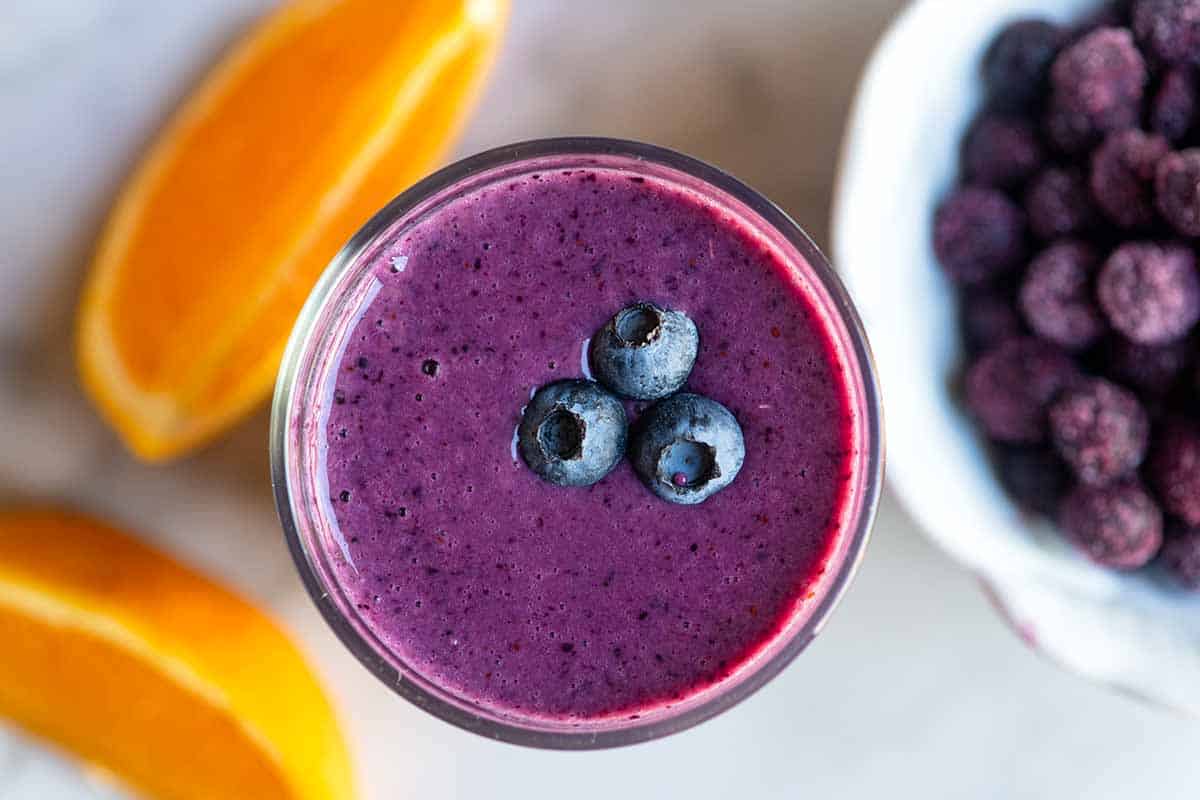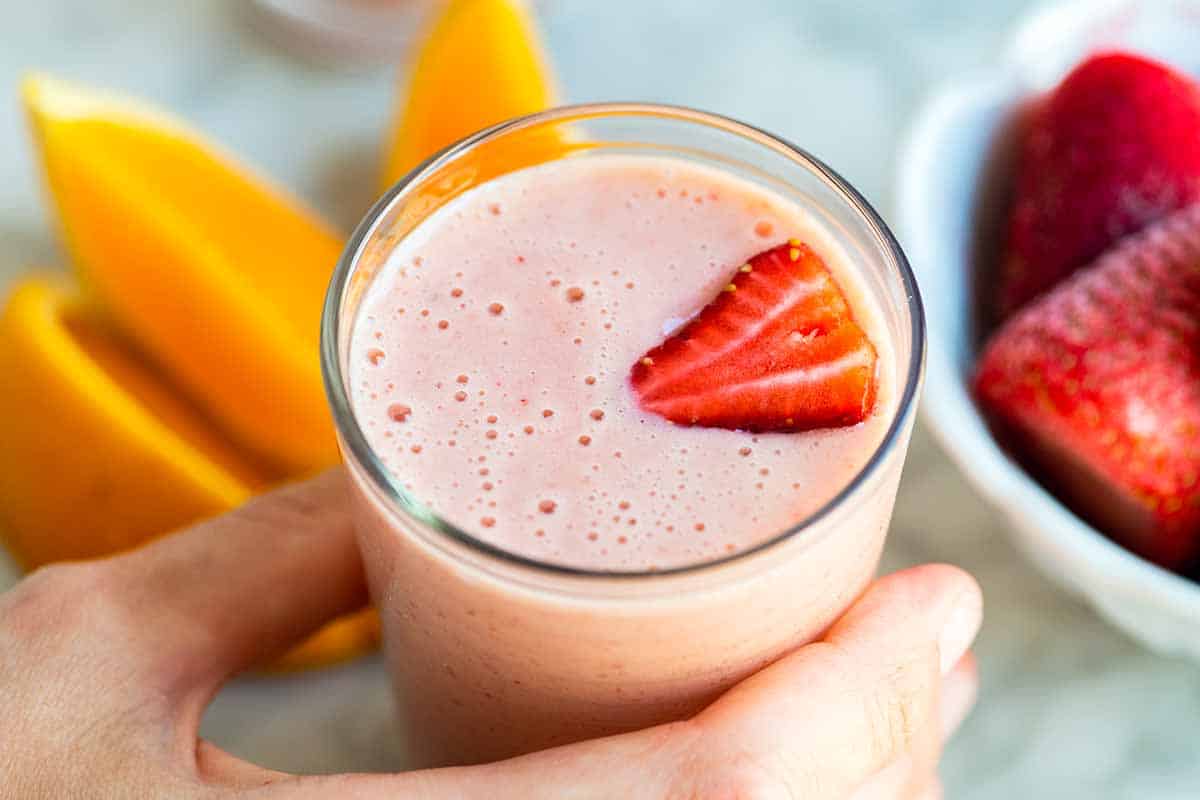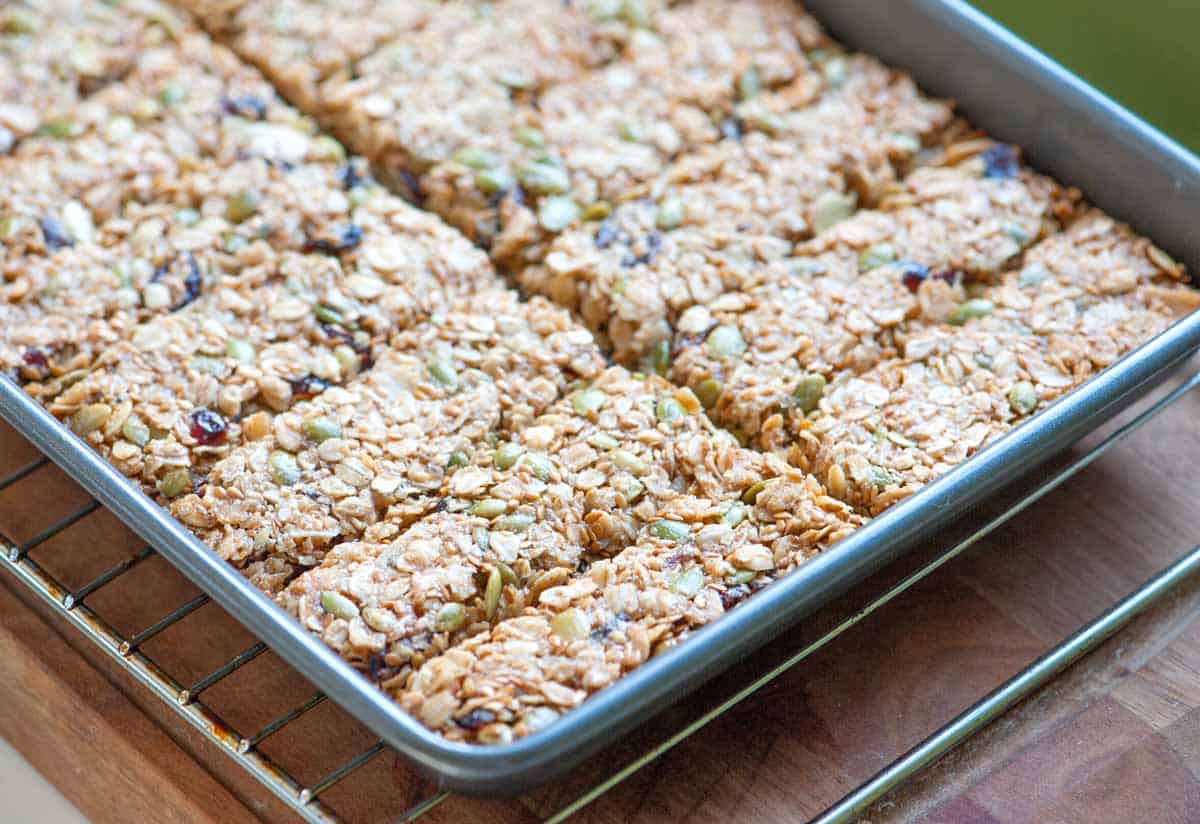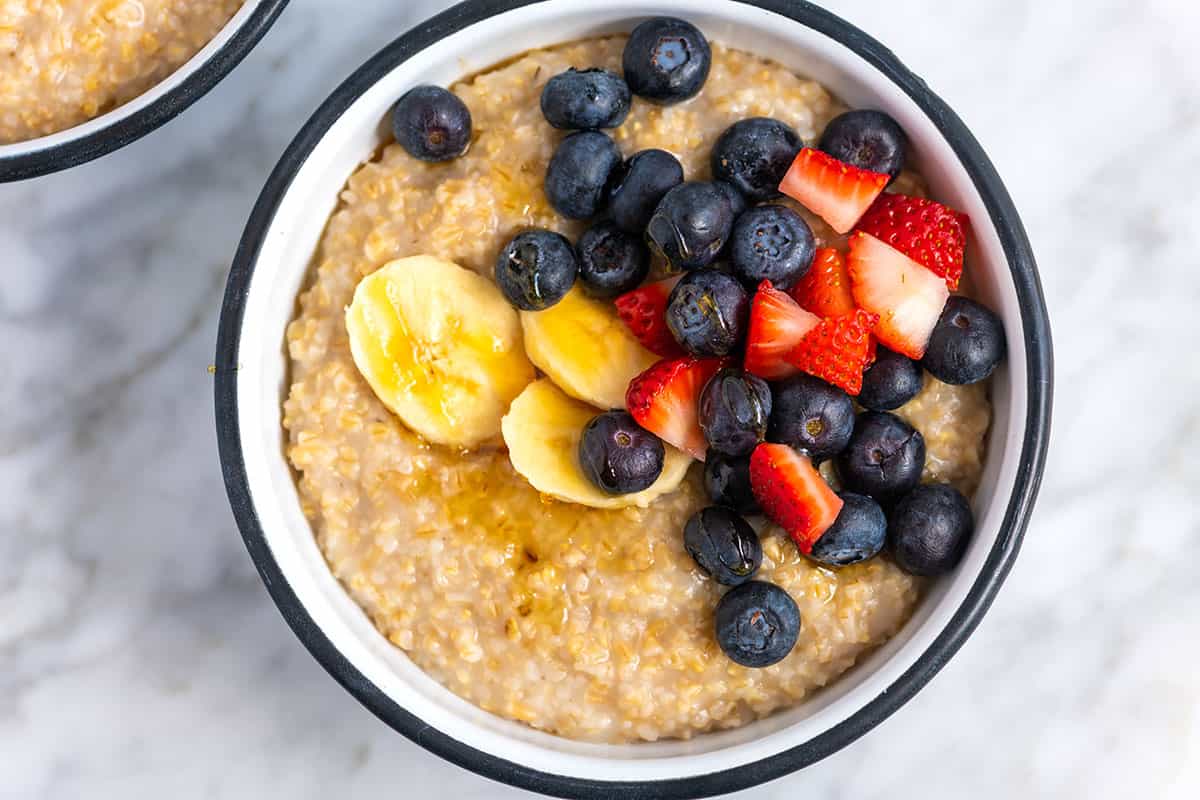Flaxseed: Important Facts, Health Benefits, and Recipes
Explore the incredible benefits of flaxseed, a tiny superfood packed with omega-3 fatty acids, fiber, and antioxidants, and learn how to incorporate it into your daily diet for optimal health.
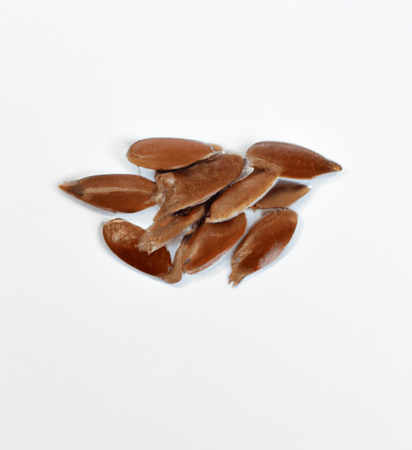
Best Flaxseed Recipes
-
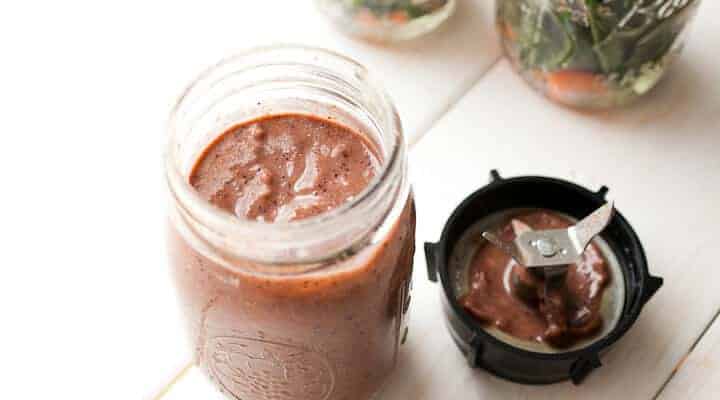
-
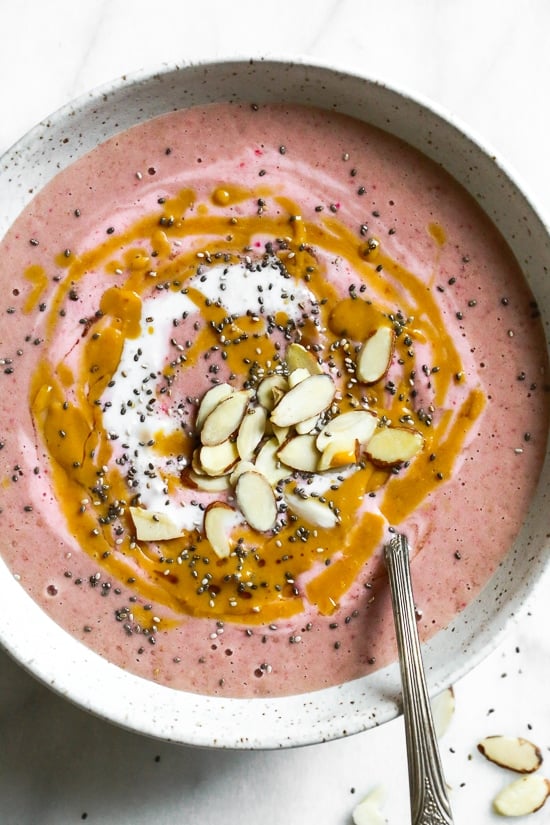
-

-

-
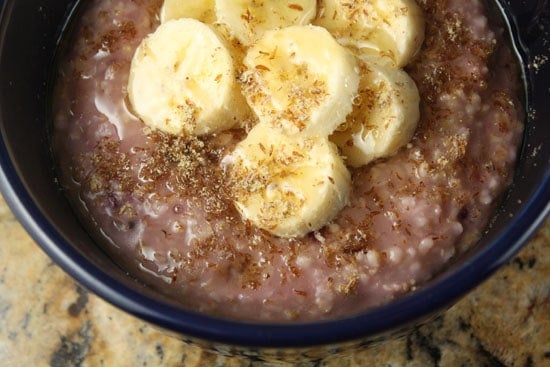
-

-

-

-
![Peanut Butter Apple Breakfast Cookies Image]()
-
![Pumpkin Spice Granola Bars Image]()
-
![Vegan Almond Butter Coconut Cookies Image]()
-
![Grain Free Granola Recipe Image]()
-
![NW Raw East Kale Citrus Salad with Tahini Dressing Image]()
-
![Basic Blueberry Smoothie Image]()
-
![Cinnamon Toast Breakfast Quinoa Image]()
-
![Toasted Oatmeal with Strawberry Chia Jam and Coconut Whipped Cream Image]()
-
![Banana Almond Smoothie Image]()
-
![Instant Pot Steel Cut Oats Image]()
-
![Strawberry Blueberry Smoothie Image]()
-
![No Bake Oatmeal Energy Balls Image]()
-
![Orange Almond Healthy Granola Bars Image]()
-
![Holiday Spice Granola Recipe Image]()
-
![Homemade Muesli Dried Fruit and Nut Bars Recipe Image]()
-
![Healthy Banana Bread Image]()
-
![Simple Strawberry Smoothie Image]()
-
![Apple-Caraway-Pecan Breakfast Cookies Recipe Image]()
-
-
![Crisp Homemade Granola Recipe Image]()
-
![Winter Greens Salad With Flax Seeds, Shaved Beets, and Radishes Recipe Image]()
-
![Amazing Benefits of Ginger in Your Juices and Smoothies Image]()
-
![Gluten-Free Spinach and Macadamia Nut Milk Smoothie Image]()
-
![Tangy Raw Vegan Cole Slaw Cabbage Recipe Image]()
-
![Gluten-Free Vegan Pizza Recipe Image]()
-
![Polish Steak Tartare (Befsztyk Tatarski) Recipe Image]()
-
![High Protein Strawberry Flax Smoothie Recipe Image]()
-
![Gluten-Free Overnight Oats Recipe Image]()
-
![Raw Vegan Flax Seed Bread Image]()
-
![Gooseberry Juice & Smoothie Recipe Image]()
-
![Green Breakfast Smoothie Recipe Image]()
-
![Best Blueberry Smoothie Image]()
-
![Quick Easy Strawberry Smoothie Image]()
-
![Homemade Baked Granola Bars Image]()
-
![Easy Steel Cut Oats Image]()
-
-
-
-
-
![Orange-Rosemary Glazed Salmon with Broccolini Image]()










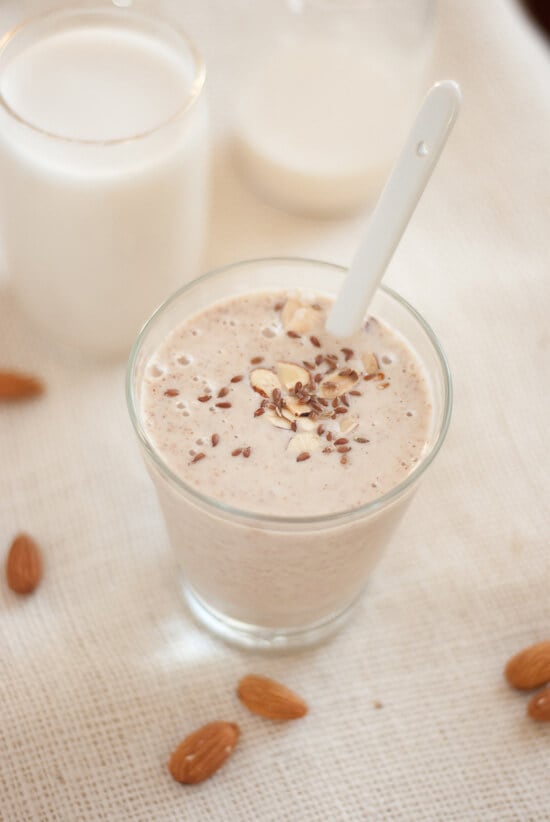




:max_bytes(150000):strip_icc()/__opt__aboutcom__coeus__resources__content_migration__simply_recipes__uploads__2016__11__2016-11-30-SpicedGranola-6-05d9300f9e6c4c408e2efa3b2b15d2fa.jpg)
:max_bytes(150000):strip_icc()/muesli-bars-recipe-256184-hero-01-779d466076444913bf79596b314a60aa.jpg)
:max_bytes(150000):strip_icc()/HealthyBananaBreadHERO-31cf712e289d4bcba52e9c6efe849177.jpg)

/__opt__aboutcom__coeus__resources__content_migration__serious_eats__seriouseats.com__recipes__images__2012__12__20121210-tiffany-apple-pecan-breakfast-10d41e9da6ea409d804b617ce73e3565.jpg)
:max_bytes(150000):strip_icc()/__opt__aboutcom__coeus__resources__content_migration__serious_eats__seriouseats.com__recipes__images__2017__06__20170524-granola-vicky-wasik-26-c23a9447947a483bb8b663584e30d1de.jpg)
:max_bytes(150000):strip_icc()/__opt__aboutcom__coeus__resources__content_migration__serious_eats__seriouseats.com__recipes__images__2014__12__20150109-winter-green-flax-salad-4-64ccaf11c1d349198da54742967c7a9e.jpg)
:max_bytes(150000):strip_icc()/GettyImages-579056335-58b706263df78cdcd862b015.jpg)
/GettyImages-521113539-580f9f935f9b58564c0810b5.jpg)
:max_bytes(150000):strip_icc()/1-giant-raw-slaw-56a9bed63df78cf772aa292c.jpg)
/GettyImages-511563810-5835e2d93df78c6f6ad07e98.jpg)
:max_bytes(150000):strip_icc()/steak-tartare-recipe-polish-befszytk-tatarski-1135636-hero-01-4723e1312fef451c921af66744307ccb.jpg)
/171238431-56a371af5f9b58b7d0d1fc11.jpg)
:max_bytes(150000):strip_icc()/gluten-free-overnight-oats-3887799-hero-1-916b5d6be9ae4b6db420d0e02b64c38b.jpg)
:max_bytes(150000):strip_icc()/raw-italian-focaccia-style-bread-3377493-dd54d4bd2ad44cdfb6348ecb692b0e2c.jpg)
:max_bytes(150000):strip_icc()/GettyImages-514277333-569c232d5f9b58eba4a7e6ba.jpg)

